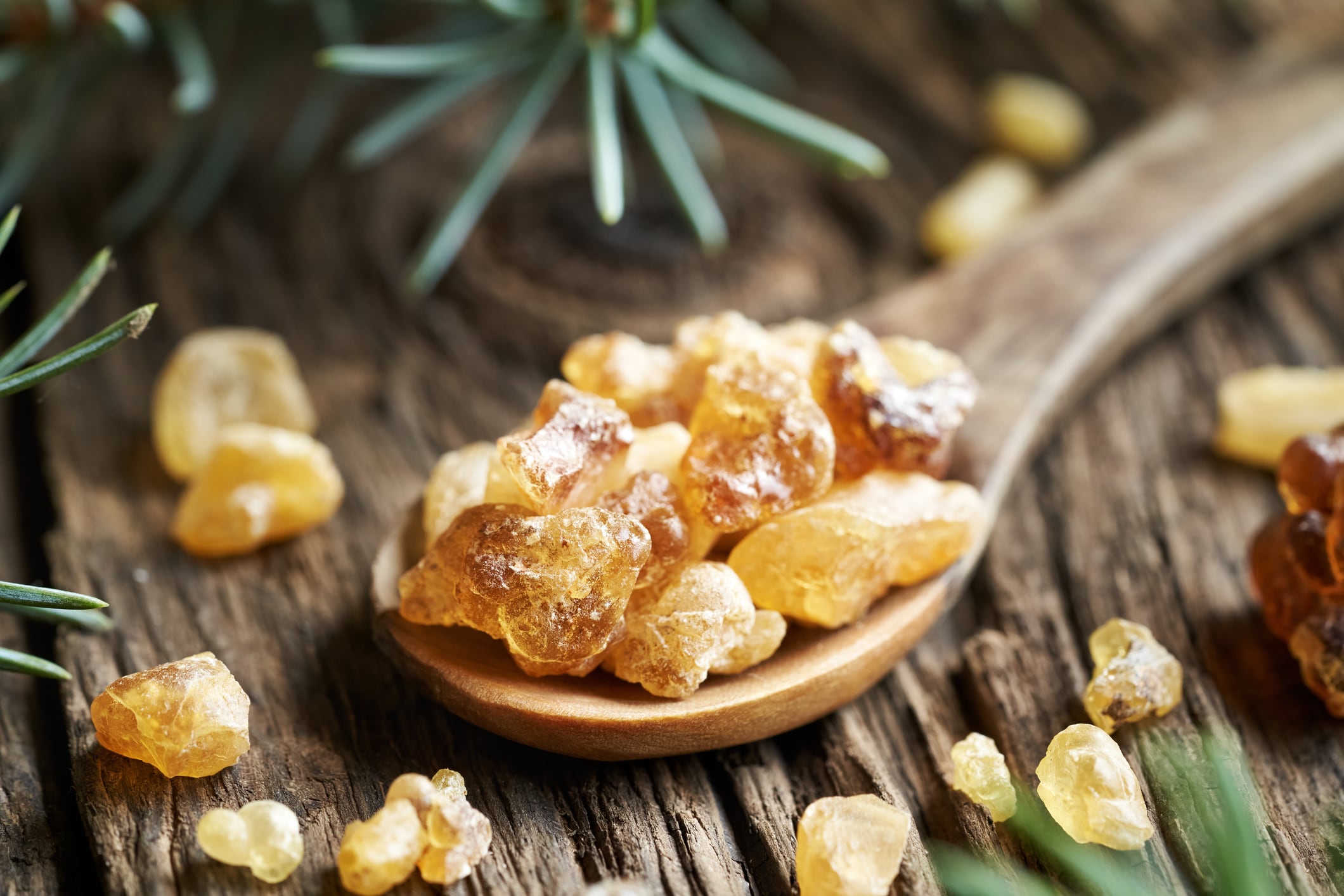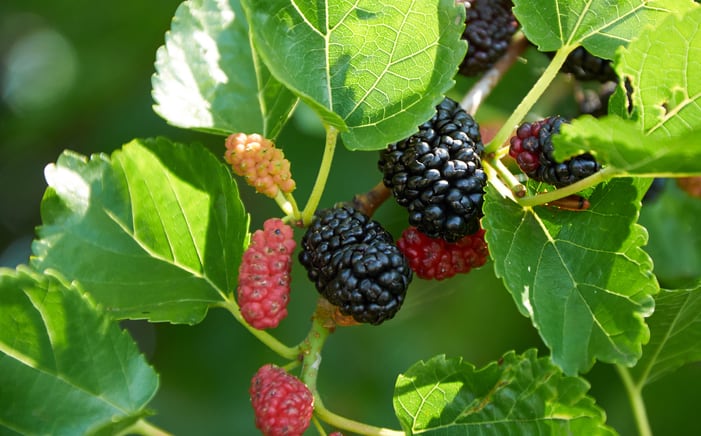Other ingredients that performed well for improving knee function were krill oil, curcumin, and collagen, according to data from 39 clinical trials involving 4,599 patients.
The analysis, published in Nutrients, examined the effectiveness of seven commonly used supplements in adults diagnosed with knee osteoarthritis, based on findings of randomized controlled trials published between 2001 and 2024.
The supplements studied were eggshell membrane, vitamin D, Boswellia, curcumin, ginger, krill oil, and collagen.
The study also looked at the different dosages, trademarks, and formats of the same supplement ingredients, such as Turmacin, C3 Complex, and Haridra in the case of curcumin.
The interventions lasted for four weeks to 36 months, and their effectiveness was assessed based on WOMAC pain score, stiffness, function, as well as visual analog scale (VAS) pain scores.
Key findings
Researchers from the University of Canberra, RMIT University, Shanghai University of Medicine and Health Sciences, and Graduate School of Shanghai University of Traditional Chinese Medicine reported that only Boswellia demonstrated a statistically significant effect when it comes to pain relief, based on WOMAC pain score.
While other supplements such as curcumin, ginger, vitamin D, krill oil, eggshell membrane, and collagen showed greater efficacy than placebo, none achieved statistical significance, said the researchers.
Based on VAS scores, however, it was found that Boswellia, as well as collagen, curcumin, and ginger were associated with statistically significant reductions in pain.
“These results demonstrate not only statistical significance but also clinical relevance, as the observed changes in VAS scores (MD ranging from 11.89 to 17.26) represent meaningful reductions in pain levels.
“In contrast, other interventions, although showing greater effect sizes than placebo, did not reach statistical significance (p> 0.05), indicating their effects may not be consistent enough for clinical recommendation," said the researchers.
The researchers also ranked the effectiveness of these seven nutritional supplements using the Bayesian statistical methods.
Based on the ranking, Bowellia was found to have the highest surface under the cumulative ranking curve (SUCRA) values for WOMAC pain score, indicating that it has the highest probability of being ranked as the best option for pain relief among all interventions.
This was followed by curcumin, ginger, vitamin D, krill oil, eggshell membrane, and collagen.
Similarly, Bowellia had the highest SUCRA values when it comes to reducing VAS pain scores.
Collagen came in second, followed by curcumin, ginger, eggshell membrane, vitamin D, and krill oil.
Knee function
On the other hand, krill oil, curcumin, Boswellia, and collagen have shown to significantly improve knee function, based on WOMAC function score.
The other three ingredients, namely ginger, vitamin D, and eggshell membrane had shown greater effect sizes than placebo, but the results were not statistically significant.
When ranked, Boswellia again had the highest SUCRA score for improving knee function, followed by krill oil, curcumin, collagen, ginger, eggshell membrane, and vitamin D.
Knee stiffness
In terms of knee stiffness, only Boswellia demonstrated a statistically significant improvement, based on WOMAC stiffness score.
Similarly, while the other six ingredients showed greater effects than placebo, none reached statistical significance.
When ranked for improving knee stiffness, Boswellia was again placed first, followed by krill oil, ginger, collagen, vitamin D, eggshell membrane, and curcumin.
“Again, Boswellia had the highest SUCRA value, indicating the greatest probability of being ranked as the most favorable intervention for alleviating stiffness,” said researchers.
Overall, Boswellia had consistently ranked highest for WOMAC and VAS scores.
“While the optimal intervention varied across different outcome measures, further analysis revealed that Boswellia consistently ranked first for WOMAC pain, stiffness, function, and VAS scores.
“Curcumin was among the top three for improvement in WOMAC pain, function, and VAS, while curcumin and ginger both ranked among the top three for WOMAC pain and stiffness.
“Krill oil demonstrated excellent performance in the improvement of stiffness,” the researchers concluded.
A word of caution
Despite showing consistent superiority, the researchers cautioned that the quality of evidence supporting Boswellia’s effectiveness was lacking.
Some factors undermining its quality of evidence include small sample sizes and participant heterogeneity.
“It is important to note that studies supporting Boswellia’s superiority rely heavily on weaker evidence.
“While some studies suggest Boswellia is effective in alleviating pain and improving stiffness, function, and VAS scores, the quality of the evidence is still lacking. Many studies are limited by small sample sizes, design biases, participant heterogeneity, and insufficient statistical analysis,” said the researchers.
They added that the results should be interpreted cautiously, and future research should improve randomized controlled trial designs and sample sizes to ensure the reliability and validity of findings.
Source: Nutrients. DOI: 10.3390/nu17152547, “Comparative Effectiveness of Nutritional Supplements in the Treatment of Knee Osteoarthritis: A Network Meta-Analysis”, Authors: Zhang, Y. et al.





